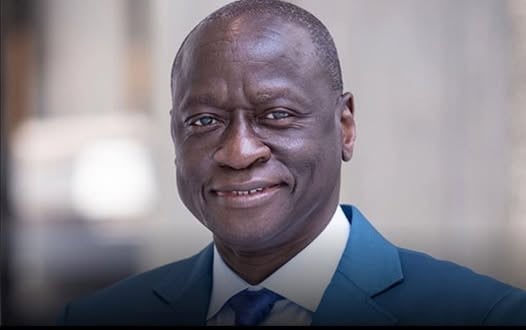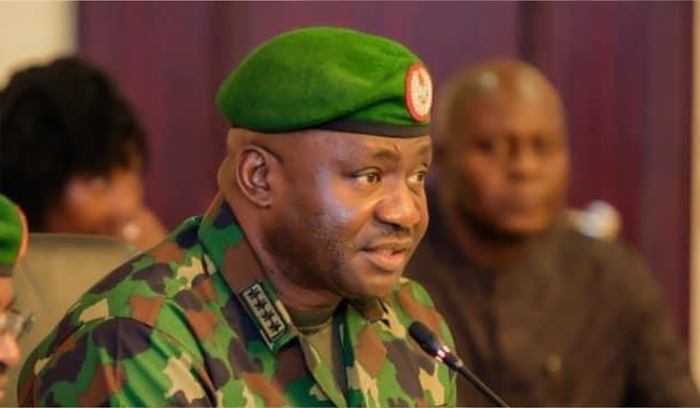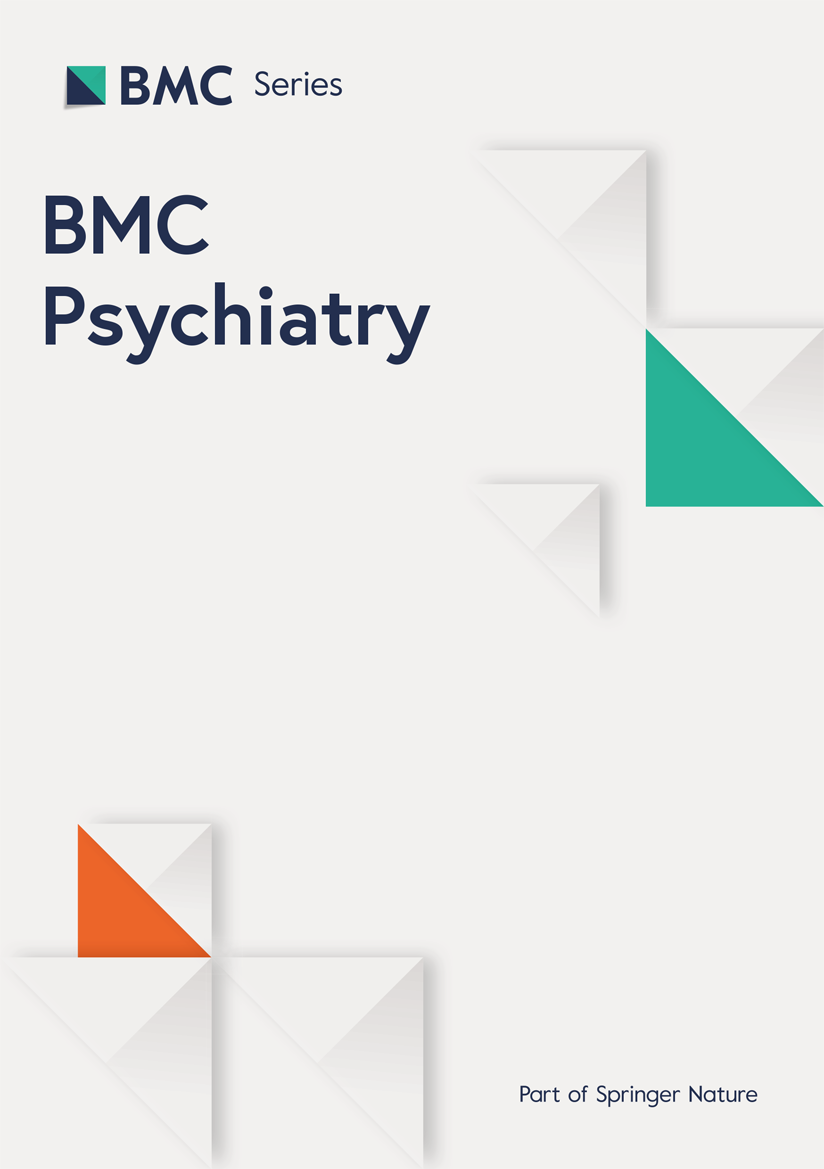UN Official Urges Nigeria to Prioritize Domestic Health Solutions

Ahunna Eziakonwa, the UN Assistant Secretary-General and UNDP Regional Director for Africa, has issued a compelling call to African nations, with a particular focus on Nigeria, to fundamentally reassess their reliance on foreign aid. Her message underscores the urgent need to prioritise internal investment in critical sectors such as health, development, and security. Eziakonwa's remarks highlight a growing recognition that sustainable progress hinges on self-reliance and strategic allocation of domestic resources.
During an interview on ARISE NEWS, Eziakonwa articulated her concerns about the increasing trend of shrinking global aid budgets and their potential impact on African development. She stressed the necessity for African governments to assume complete ownership of their development agendas. "You cannot outsource the health of your people to an aid agency," Eziakonwa warned, pointing to the inherent vulnerabilities of depending on external assistance. She cited USAID’s recent withdrawal from certain segments of Nigeria’s health sector as a stark example of the instability of foreign aid commitments.
In response to USAID's departure, the Nigerian government promptly allocated $200 million to bridge the funding gap. Eziakonwa lauded this swift action as a crucial step toward embracing national responsibility and ensuring the continuity of essential services. Her comments underscored a broader theme: African nations must proactively secure the well-being of their citizens by investing in the systems and infrastructure that sustain them.
Eziakonwa elaborated on the risks associated with over-dependence on foreign aid, suggesting that it has fostered a culture of structural dependency that undermines long-term sustainability. She presented her argument as a "wake-up call" for African leaders, urging them to recognise the imperative of retaining and utilising African capital within the continent to support its people. Eziakonwa pointed to substantial illicit financial flows, estimated at $90 billion annually, leaving Africa. She contended that the continent already generates sufficient resources to fund its development initiatives, thereby obviating the need for costly loans and aid from external sources.
The conversation extended to topics of innovation, climate resilience, and youth empowerment. Eziakonwa commended Nigeria's vibrant youth population for their entrepreneurial spirit and technological proficiency, acknowledging their pivotal role in shaping the country's future. She emphasised the importance of aligning their ambitions with tangible opportunities to harness their potential and prevent them from being swayed by negative influences. "You have to match their ambitions with opportunity," she asserted. "When you do that, negative forces cannot reach them."
Eziakonwa’s statements arrive at a crucial juncture, as numerous African nations are reevaluating their relationships with external donors amidst shifting global priorities and ongoing crises. Her core message is a resolute assertion that Africa's future prosperity depends on self-determined investment, visionary leadership, and sustainable growth strategies.









